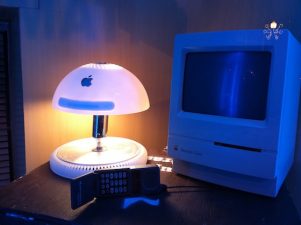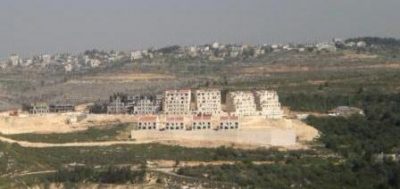The Israeli High Court recently ordered an Israeli sewage treatment plant built illegally in the West Bank to stop its work. So should Israel be thinking of building solar fields there?
 A couple of days ago, the Israeli High Court of Justice banned the operation of a sewage treatment plant built illegally on Palestinian land in the West Bank settlement of Ofra.
A couple of days ago, the Israeli High Court of Justice banned the operation of a sewage treatment plant built illegally on Palestinian land in the West Bank settlement of Ofra.
The court found that the plant was built using a fictitious building permit and funded to the tune of NIS 7.8million by the Israeli state. Yesh Din, the human rights organisation petitioned the court on behalf of the residents of the Palestinian village of Ein Yabrud and after two years, the case was finally resolved. But what does this outcome mean for the Israeli government plans to build solar fields in the contested Palestinian territories?
The discharge of raw sewage is a real problem in the West Bank where, according to a report by B’Tselem, only 22.5 million cubic metres out of around 150 million cubic metres of wastewater is adequately treated every year. Most raw sewage is held in septic tanks which risks contaminating shared groundwater resources. The report also found that only 20% of Palestinian homes are connected to sewage systems.
And it’s not just the Palestinian communities contributing to the problem. Israeli settlements currently have sewage treatment plants that are too small to deal with the levels of sewage being created, which means that there have been occasions when the sewage overflows into the surrounding areas contaminating agricultural land and water basins. For example, the settlement of Ofra has 3,000 residents and the sewage treatment plant mentioned above was built to address this serious problem.
According to the Haaretz, “the authorities formulated a proposal to confiscate the land for public need, to permit operating the plant, which would also serve the area’s Palestinian villages.” However, the Palestinian village of Ein Yabrud which doesn’t have an adequate sewage system refused the offer to connect to the plant in Ofra on the grounds that the settlement and all its facilities were illegal according to international law.
This case (as well as illustrating the difficulty of bringing Israelis and Palestinians together) raises questions over whether Israel should be building long-term projects in the illegal Israeli settlements. The recent news that the Israeli government has dedicated 10% of its renewable energy quota to the settlements was met with some concerns of the legality of extending the settlement infrastructure to include solar fields and this recent legal ruling further undermines the rationality of the plans.
:: Image via Yesh Din Organization.
:: Haaretz, Jerusalem Post and Ynet News.
For more on sewage in the West Bank see:
Solar Power In The West Bank – Green Progress or Bad Politics?
Joint Israeli-Palestinian Project To Tackle Sewage Problems
Eco-Friendly Sewage Treatment Comes To the West Bank
Untreated Wastewater Poses Huge Threat To West Bank Palestinians
Israel Defense Ministry Stalls on Sewage Treatment




Again, the same propaganda by the same ugly propagandists. This publication is now off my reading list.
Mika,
We are not a propaganda machine. How is this article propaganda in your eyes? Don’t break up with us over one article that you don’t agree with. State your side of the story.